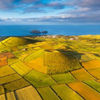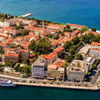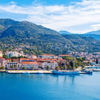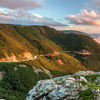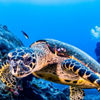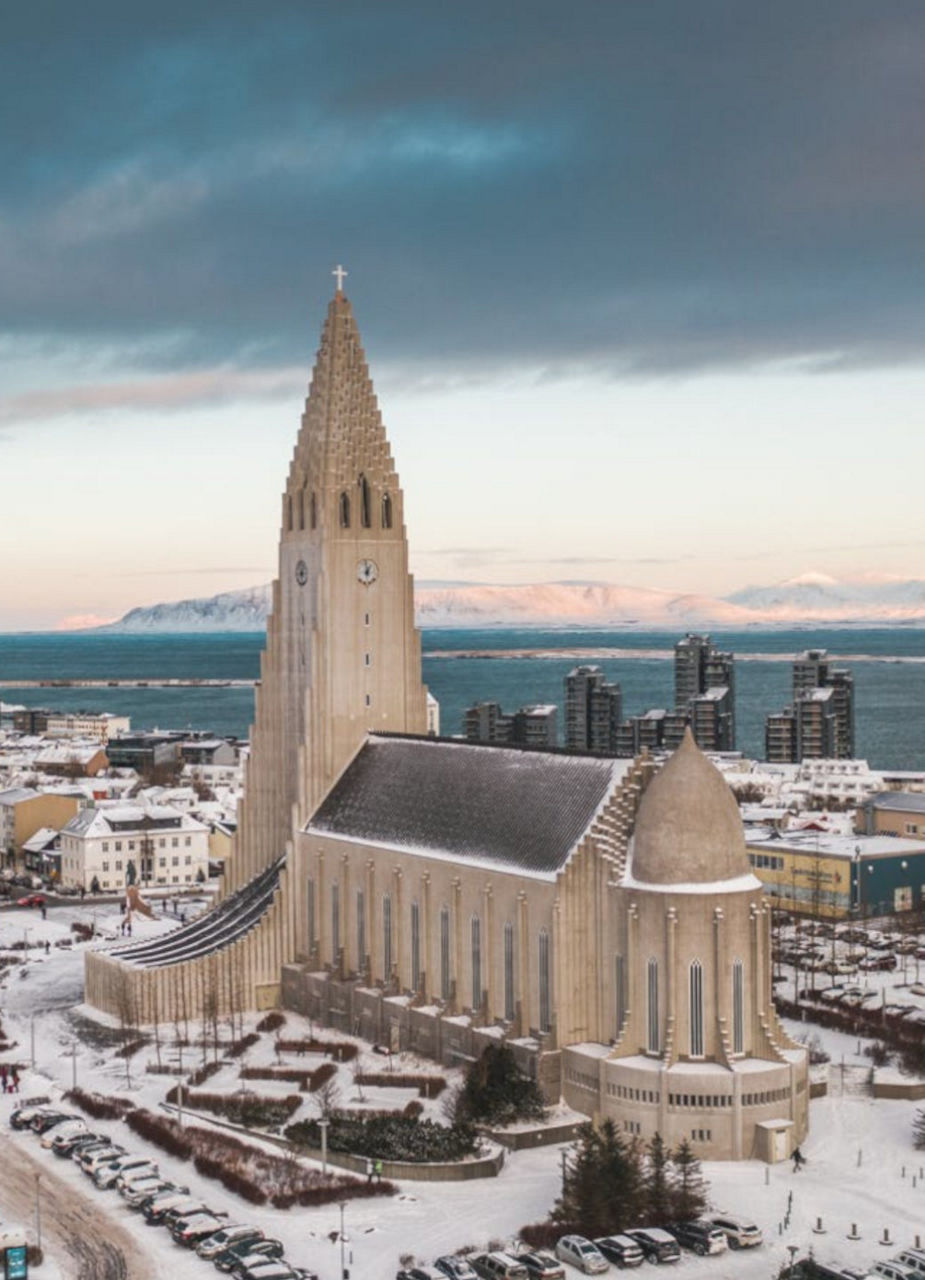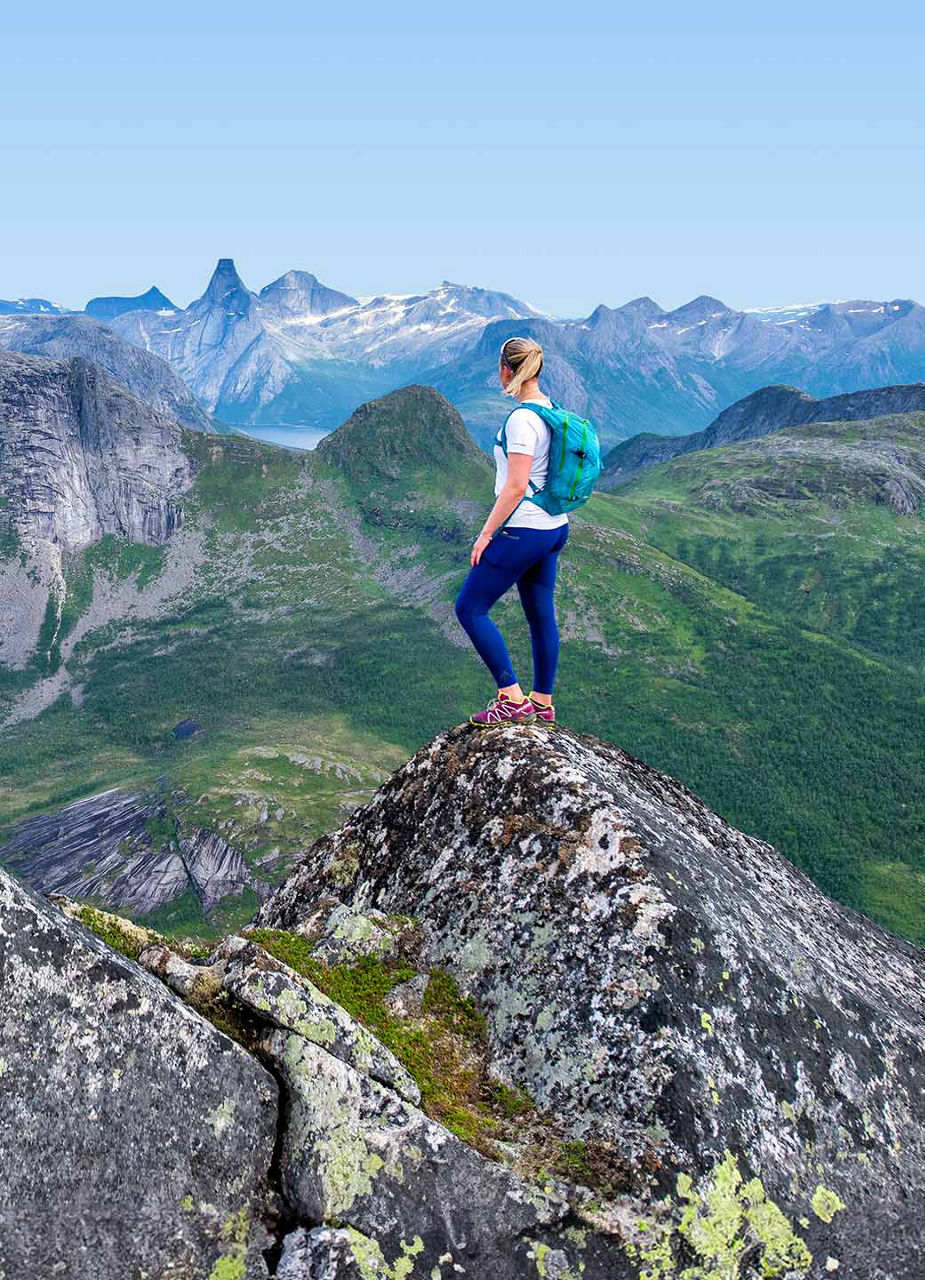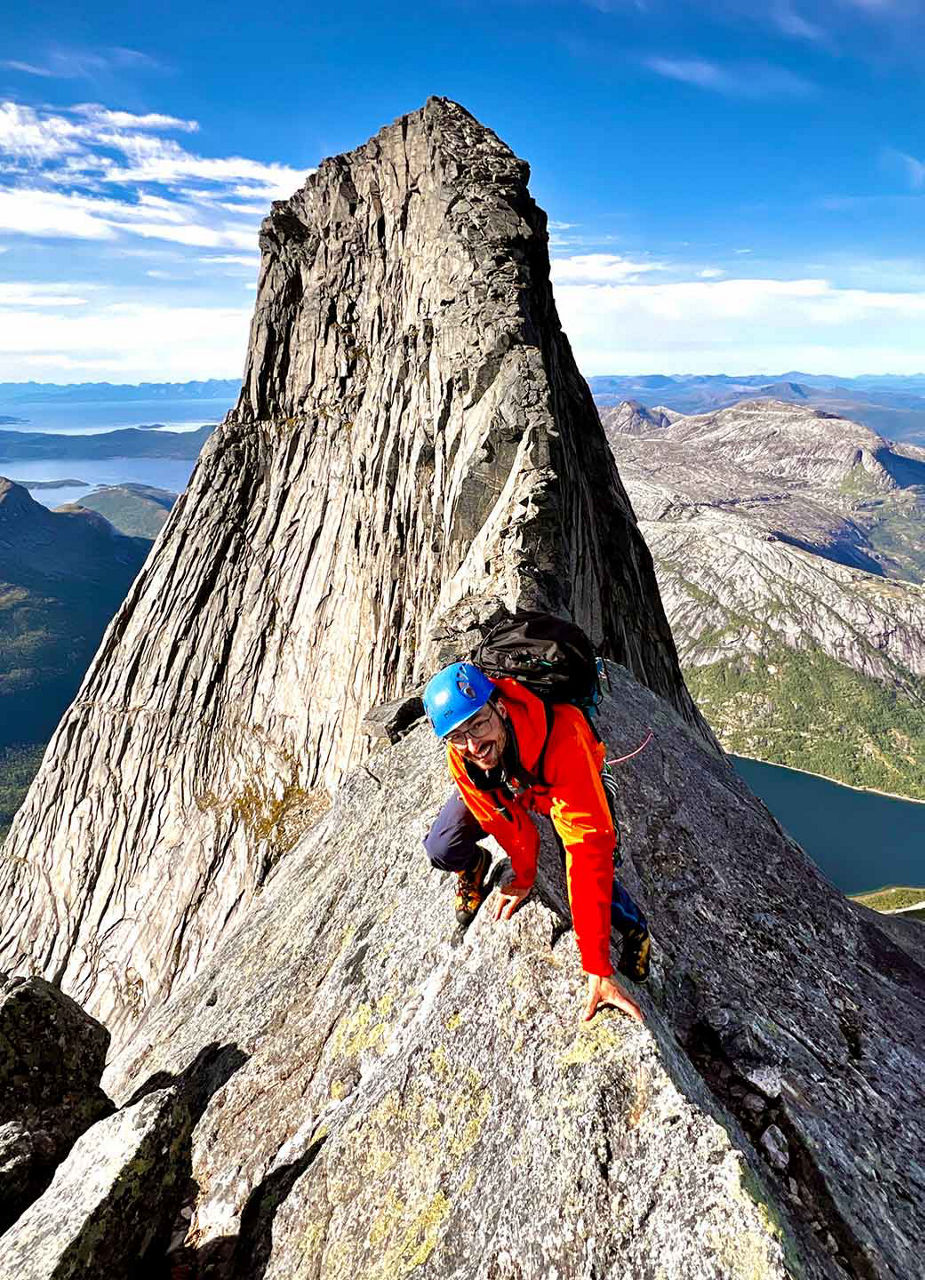
Explore the diamonds of the north
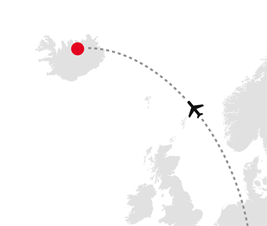
You can explore a veritable jewel, in the truest sense of the word, in North Iceland. The Diamond Circle is a roughly 250-kilometre route that connects five spectacular highlights in the north. Most tourists travel the famous “Golden Circle” in the south, so you can enjoy Iceland’s wild nature on the Diamond Circle virtually on your own.

What is the Diamond Circle? The Diamond Circle, or Demantshringurinn in Icelandic, is a popular new sightseeing tour in the north of Iceland. It begins about 30 kilometres outside Akureyri and stretches from Lake Mývatn to the Tjörnes peninsula. Although the route can also be covered in one day by car, you should allow two to three days to explore the natural wonders of this region. Here are many things you can experience on and around the Diamond Circle.


The whale capital of Europe
The picturesque town of Húsavík lies directly on the Eyja Fjord and is considered the whale-spotting capital of Europe. The odds of seeing a whale here are excellent, with a success rate of almost 100%. Over 20 different species of whales have been spotted in Skjálfandi Bay - from humpbacks to blue whales. To learn more about the world’s largest marine mammals after your Whale Watching Tour, visit the whale museum in Húsavík.


A magical canyon
In the heart of Vatnajökull National Park lies the horseshoe-shaped Ásbyrgi canyon. This impressive canyon was formed around 10,000 years ago by rivers of glacial melt water. The more romantic version of the story states that the approximately 3.5 kilometre-long Ásbyrgi Gorge was formed by a hoofprint of Odin’s eight-legged flying horse Sleipnir. Explore the nearby breathtaking rock formations of Hljóðaklettar and Dimmuborgir and experience the unusual solidified lava shapes.

Europe’s strongest waterfall
Dettifoss is a true force of nature: around 200 cubic metres of water plunge some 45 metres into the depths here every second. Listen to the thunder and roar of the water from afar and see the rising spray of Europe’s strongest waterfall. Until late spring, ice, ash and rock create impressive mosaics around the 100 metre-wide waterfall. Dettifoss is a 10-minute walk from the car park through an extra-terrestrial-looking landscape of solidified lava.


Off-road through the Mývatn Nature Reserve
Lake Mývatn is the result of an eruption of the Krafla volcano more than 2,000 years ago. To delve deeper into the landscape of the Mývatn Nature Reserve, dotted with volcanoes and volcanic craters, try a guided buggy tour. Lake Mývatn is a very beautiful place and well worth a visit, even though in the summer it lives up to its nickname “Lake Mosquito”. The sunsets are exceptionally vivid and in the summer months, thanks to the midnight sun, you can enjoy them not just for minutes but for several hours.

The Waterfall of the Gods
Two waterfalls number among the five main attractions on the Diamond Circle. This is inevitable given their huge contribution to Iceland’s magic. While “Goð” translates as “gods”, Goðafoss owes its name both to its divine beauty, and also to a lord named Þorgeir Ljósvetningagoði. After Iceland’s conversion from paganism to Christianity, the leader of the Icelandic parliament at the time threw all the idols of the Old Norse religion into the roaring waters and proclaimed a new name for the waterfall.


Extra tip: the hotspots of northern Iceland
The high level of geothermal activity has turned Iceland into a real “hotspot”. Countless hot springs guarantee moments of relaxation after the daily discovery tours on the Diamond Circle. Our thermal bath secret tip in the North: the Mývatn Nature Baths, which are less crowded but just as beautiful as the famous “Blue Lagoon” near Reykjavík. The milky blue thermal water relaxes and nourishes the skin with healthy minerals. Crystal-clear water awaits you at the GeoSea thermal baths near Húsavík and the brand-new Forest Lagoon, overlooking the city of Akureyri.


Off the beaten track
There is naturally much more to explore beyond the Diamond Circle. For a unique experience, traverse the rugged northern landscape on the back of an Icelandic horse. Numerous horse farms, like Helluland Farm near the Nordic town of Sauðárkrókur, offer both trial rides for beginners and multi-day tours through the Icelandic highlands for experienced riders. These good-natured Icelandic horses may be small, but they are very strong and resilient. Moreover, they are the only horse breed in the world capable of an additional gait called “tölt”. “The journey is the destination” takes on a whole new meaning in Northern Iceland, by car, on foot or on horseback alike.
All photos by Loren Bedeli owned by Edelweiss

